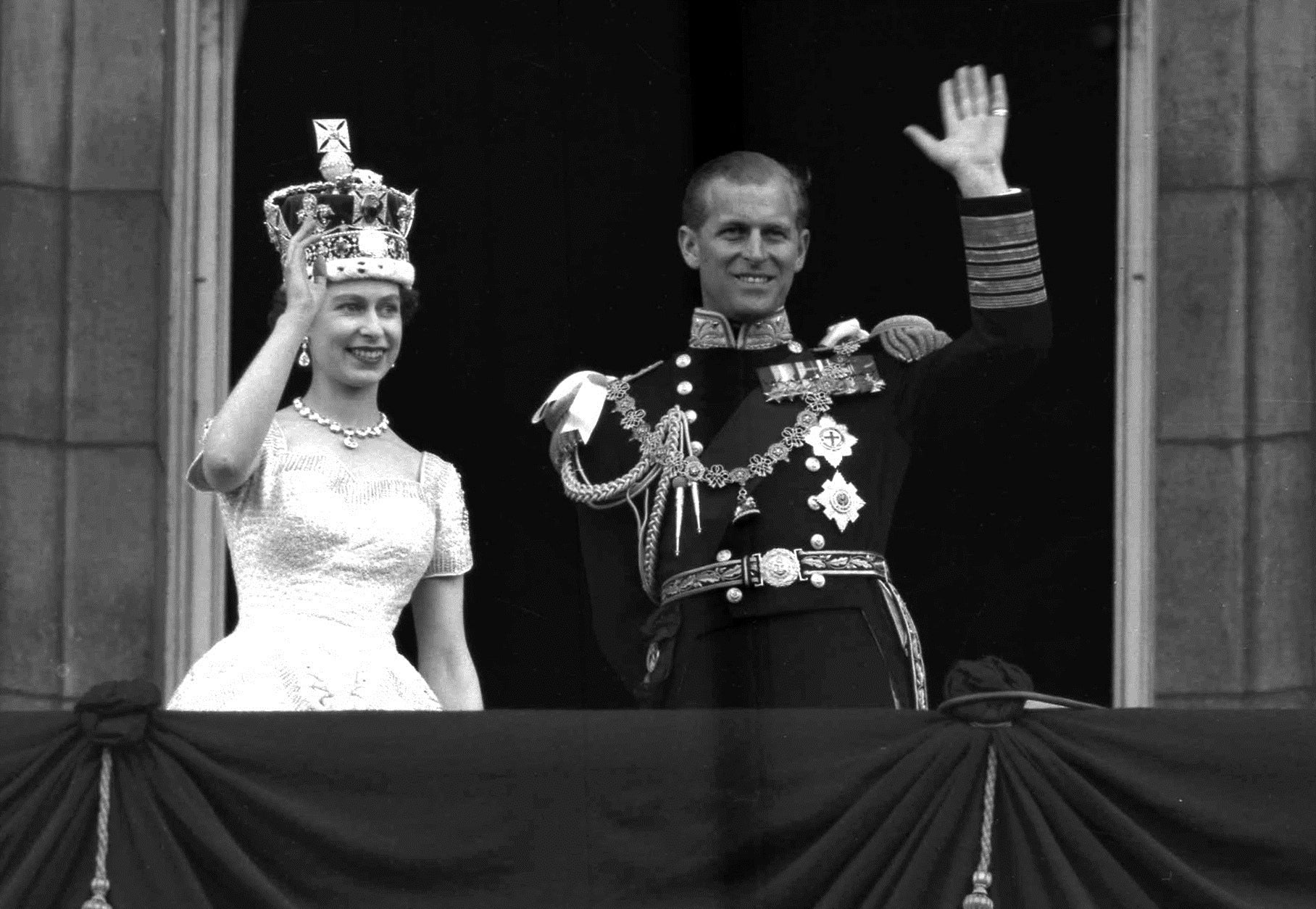The Queen’s reign oversaw seismic change. What will another 70 years bring?
There are five things that seem likely to have happened by the time the UK has, perhaps, a King George VII on the throne, writes Hamish McRae


The past 70 years of Queen Elizabeth II’s reign have seen extraordinary change in the UK economy, but even larger changes in that of the world as a whole. This time of national mourning is an opportunity for reflection, but it is also a chance to think about the next 70 years and what they might hold.
The story of the UK economy since the Second World War has been told so many times that it is just worth noting the key features. The narrower economic issues include the decline of manufacturing, the long shadow of the massive debts accumulated during the war, the transformation into a service economy, the end of empire, the entry into and exit from the European Union, and so on.
The rise in life expectancy, the growth in the number of women in the workforce, the advance of higher education, and social attitudes more generally make up the wider socioeconomic changes.
To anyone who can remember the 1950s, these shifts seem huge. The pictures of the young Queen highlight the relative poverty of ordinary people then; the clash between the glamour of the monarch and the drabness of her subjects around her. But if the UK is so different now, the changes here are dwarfed by those that have taken place elsewhere in the world.
Most obvious has been the rebalancing of the world economy towards the so-called emerging economies, notably China and, most recently, India. China is now the world’s second-largest economy after the US, while India looks to have overtaken the UK to become the world’s fifth-largest last year.
Russia is currently showing its teeth by attacking Ukraine, but back in the 1950s it controlled most of Eastern and central Europe. On conventional calculations it was the world’s second-largest economy. Now it is number 11, between South Korea and Australia.
We can see many of these changes in our daily lives. Back in the 1950s, MG sports cars were made in Abingdon, near Oxford. Now the new, and apparently excellent, electric MGs are made in China. The US and China have shared out the spoils from the communications and social network revolutions. The US invented Google and Facebook, but it is China that created TikTok.
And then, too, there have been massive changes in our concerns. Environmental worries in 1952 were, as far as the UK was concerned, mostly about air pollution. The great smog in London in December that year killed at least 8,000 people and led to the Clean Air Act of 1956. Our concern today is the much wider one of climate change.
But now look forward, and think about the next 70 years. Some of the best work about the future has been done in the medical journal The Lancet, which last year published some projections looking forward to the year 2100. Some of the key takeaways include the probability that the world’s population will have stopped rising and may have started to fall, that the US economy will have resurged to become once more the world’s largest, and that the UK will have had a reasonably successful run through to the end of the century.
The world is full of other long-range projections (I have added to the pile myself), and given the uncertainties, we should always take these with the proverbial pinch of salt. But here are five things that seem to me to be likely to have happened by the time the UK has, perhaps, a King George VII on the throne.
One is that the world’s population will have started to decline, leading to all sorts of social and attitudinal shifts.
To keep up to speed with all the latest opinions and comment, sign up to our free weekly Voices Dispatches newsletter by clicking here
Two, the world will have tackled the climate crisis. That does not mean it will have tackled it well, though I fervently hope it will. Rather, it is to note that this is such a huge and potentially catastrophic issue that the world will have no option but to address it.
Third, technology will have continued to advance, and this will, on balance, have enabled most people to lead more fulfilled lives. It will not be so much a matter of higher GDP per head. Rather, it will be that the wellbeing of people – their health, longevity, social cohesion – will be regarded as more important.
Four, the world will be driven by the middle classes, notably in Asia and Africa, and their values will shape societies. At the moment, the majority of the global middle class live in the developed world, but that is changing rapidly. In shorthand, the West still dominates global attitudes. But as the balance in the number of educated people with access to information moves away from Europe and North America, things will shift the other way.
And finally, I think democracy in all its various forms will still be the system of governance to which most of the world aspires. If that is what people want, they will get it. Does this mean that the UK, if it holds together, will want to keep the monarchy? I think the answer will be yes.






Join our commenting forum
Join thought-provoking conversations, follow other Independent readers and see their replies
0Comments